Piers Lane: The Knight of Music
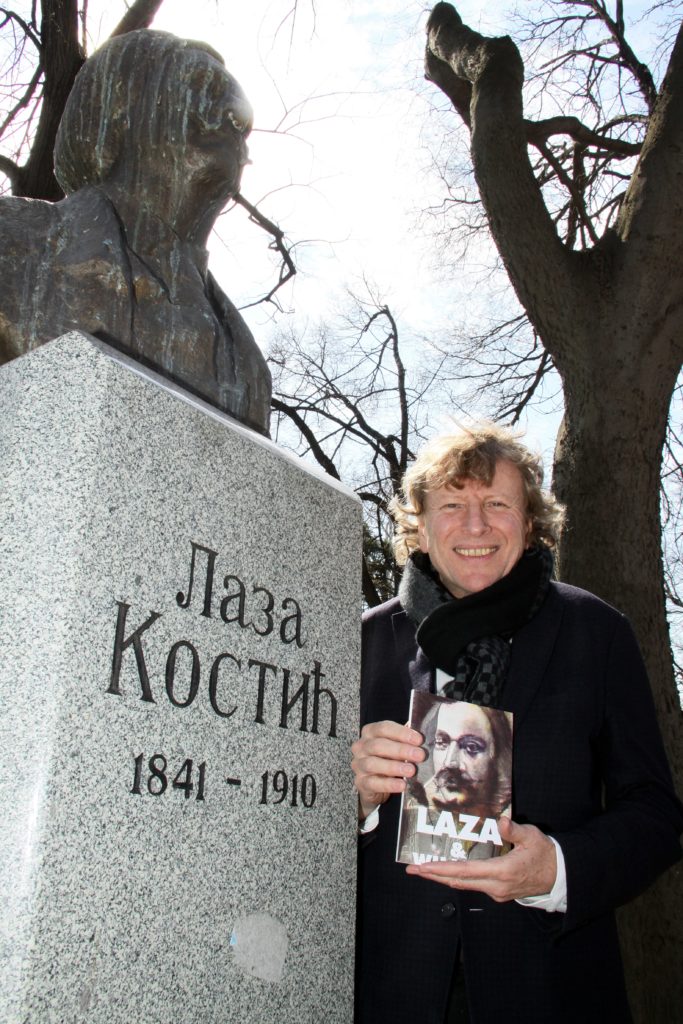
Writing: Ivana Nikolić
Photo: Laza Kostic Foundation, Milan Timotic, Keith Saunders, Eric Richmond
Famous London-based Australian pianist Piers Lane has recently been a member of a jury at the renowned International Jeunesses Musicales Competition in Belgrade (Serbia). This is his second visit to Serbia and the audience remembers well his wonderful concerts in Belgrade and Novi Sad in 2010. However, Piers’ connections with Serbia started way before he came here for the first time. He performed Seven Etudes by the great Serbian composer Vasilije Mokranjac at Wigmore Hall in London and then recorded it for one of his CDs back in the 90’s. He is also one of the knights of the Serbian cultural organization “Laza Kostić Foundation” based in London and Novi Sad. He was even presented with the first medal from this Foundation for promoting Serbian culture during the difficult political times of the late 90s. Thanks to the Laza Kostić Fund, one of the next Sydney International Piano Competition winners will perform in Serbia in 2020. Piers Lane is the Artistic Director of that Competition and he’s also at the peak of his incredible pianistic career. When it comes to his solo concerts, recent highlights include a performance of Busoni’s mighty piano concerto at Carnegie Hall, premieres of Carl Vine’s second Piano Concerto, written for him, with the Sydney Symphony and the London Philharmonic, and several sold-out solo recitals at Wigmore Hall.
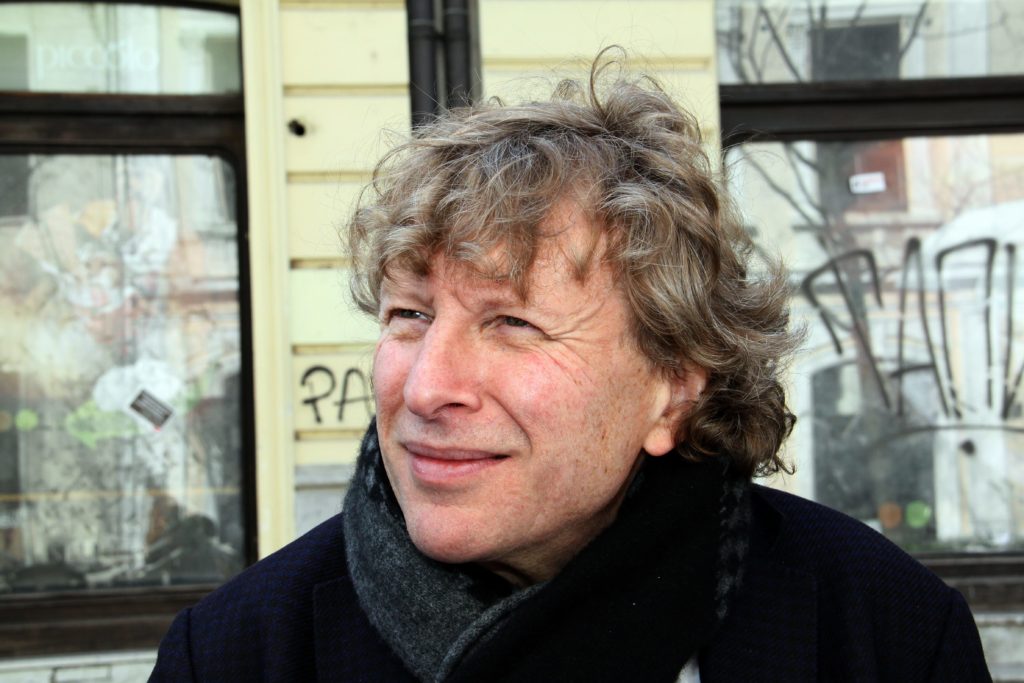
During his illustrious career, Piers has been a soloist at the BBC Proms in London’s Royal Albert Hall five times. He has performed with many leading orchestras, conductors and other soloists all around the globe. His performances take place in prestigious venues and festivals all across Europe, Australia, USA and other parts of the world. Piers has recorded over sixty CDs on major labels, primarily with Hyperion Records. Many composers have written for him and he has premiered works by some of them. In 1994 he was made an Honorary Member of the Royal Academy of Music in London, where he was a professor from 1989 to 2007. He also holds Honorary Doctorates from Griffith University and James Cook University in Australia. Piers Lane has written and presented over 100 programmes for BBC Radio 3, including the popular 54-part series “The Piano”. He is also the president, the patron and trustee of several prestigious pianistic associations, conferences, trusts, foundations and clubs. In the Queens Diamond Jubilee Birthday Honours, he was made an Officer in the Order of Australia (AO) for distinguished services to the arts as pianist, mentor and organiser. One of the world’s leading piano repertoire and performance experts and critics Bryce Morrison wrote for Gramophone: “No praise could be high enough for Piers Lane whose playing throughout is of a superb musical intelligence, sensitivity, and scintillating brilliance.” It would take many pages to write of everything Piers Lane has accomplished during his amazing artistic career and you may read more here. You may also find upcoming concerts and other activities on his website.
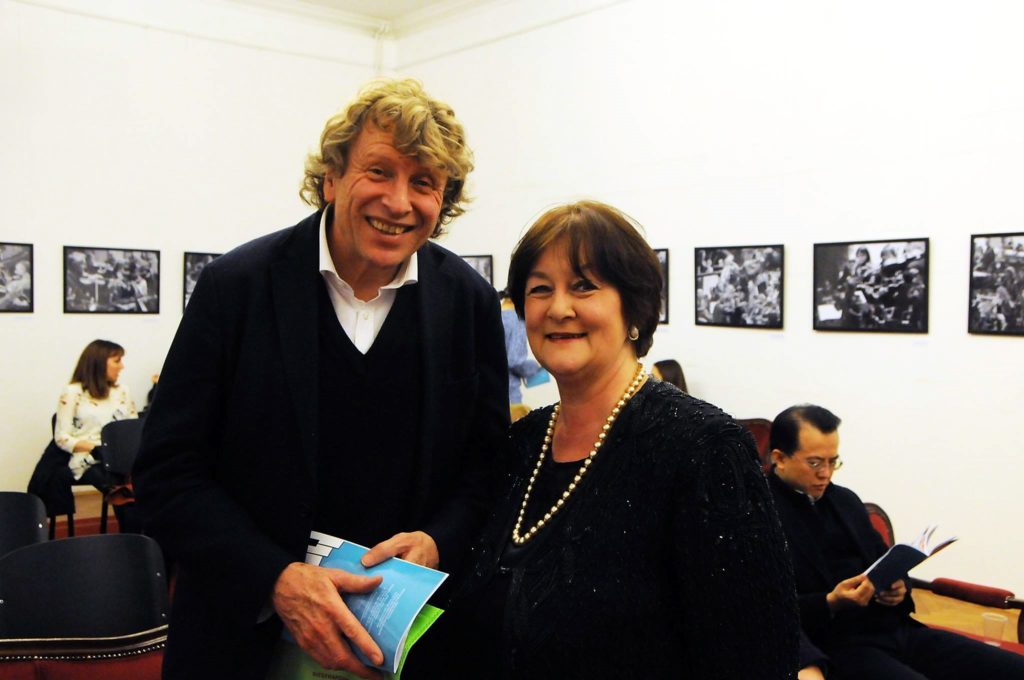
It was a privilege for us to have an interview with Piers Lane for Australiana Serba Online Magazine and we want to thank both Piers and renowned pianist, university professor and the Artistic Director of this year’s International Jeunesses Musicales Competition in Belgrade Dubravka Jovičić for giving us this opportunity. We started this interview with Piers talking about his impressions of this Competition, but very soon it led us to several other interesting topics and exciting stories.
What are your impressions of this year’s International Jeunesses Musicales Competition?
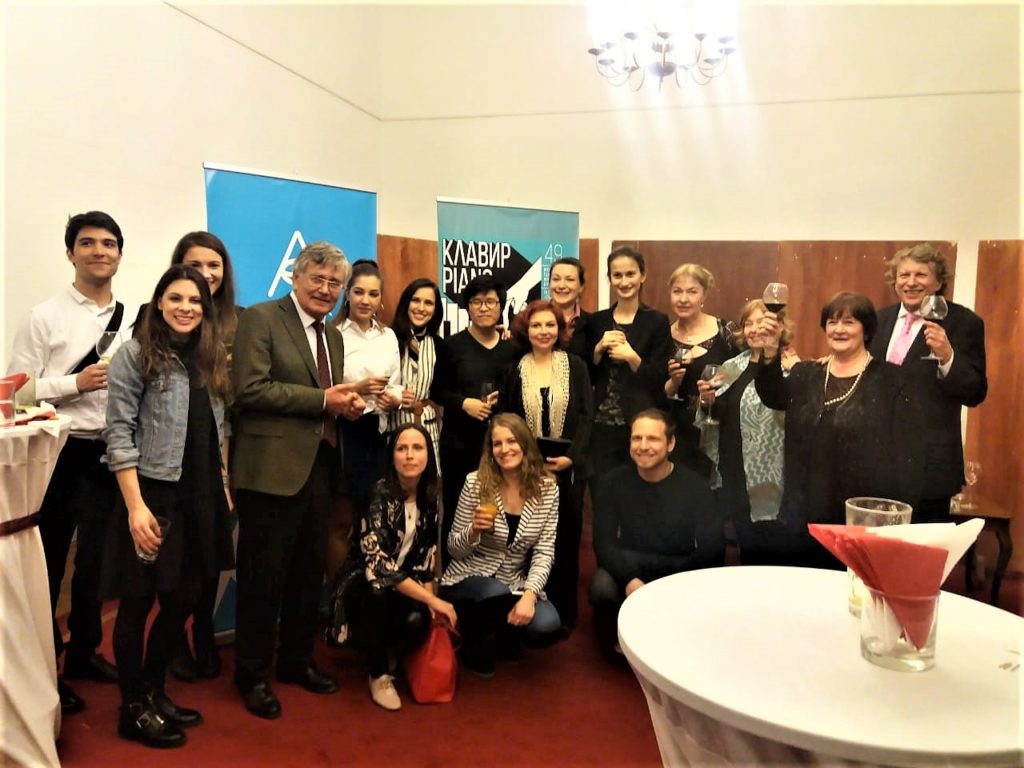
This competition is interesting because it has quite a range of players. There were some very musical, very good students from Serbia here, some more advanced Serbians, as well as internationals. The first prize went to a 21 year old girl from Poland, Marta Czech, who was phenomenal. She’s got such a fine intellect, as well as great pianism, and the combination is extraordinary. And then the second prize went to Yongqiu Liu from China who is only 19 and has phenomenal pianistic equipment. You know, she can do anything with a piano! Amazing player! Third prize went to a mature woman, Sanja Bizjak, who was born here in Serbia, but has lived in France for many years, where she is quite famous as pat of a piano duo with her older sister Lidija Bizjak. It was a fascinating result: two youngsters and Sanja who is around 30, I think. And then a fourth prize went to a boy from Novi Sad Viktor Radić, who has a name like the composer of the required Serbian piece in the Competition, and he’s very musical. His Ravel was one of the highlights of the competition. Beautiful! The fifth prize went to 29 year old Korean Hoyel Lee who is possibly typical of some competition players. He has wonderful technique, preparation and sense of performance, but perhaps still needs to find his own voice. So, it was real mix of a competition!
And how about Belgrade? Your ties with this city and Serbia in general seem to be very interesting.
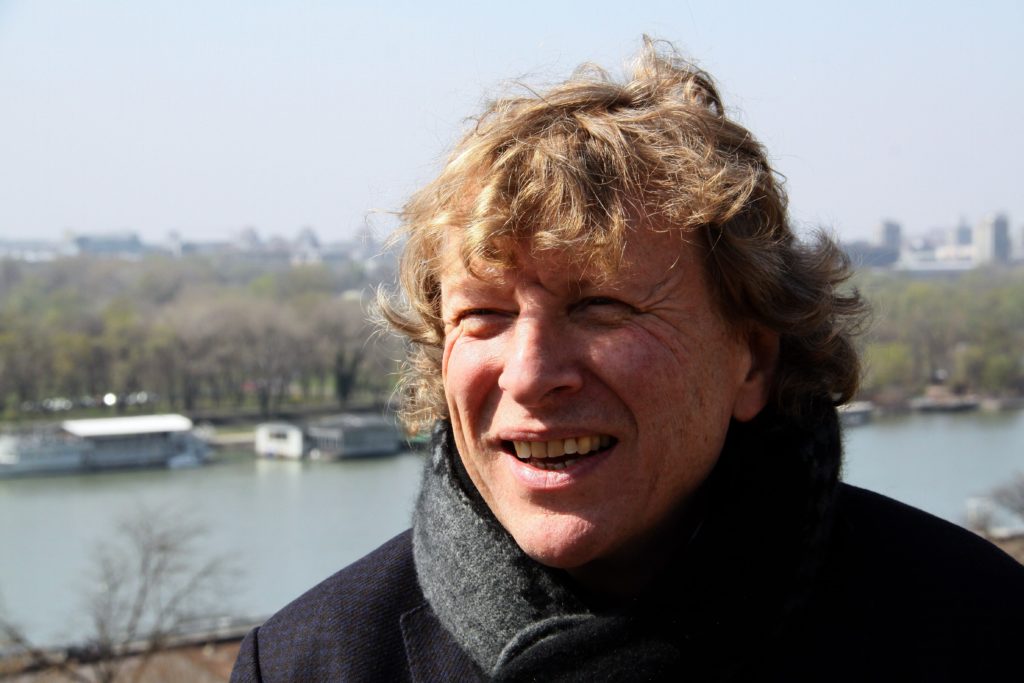
The great thing about being in Belgrade is the warmth of the locals. The local organizer of the competition, who has been Dean of the Faculty of Music here and a wonderful pianist herself, winner of many prizes herself – Dubravka Jovičić – is like Mother Earth. She’s just so full of love and has been looking after us wonderfully. And interestingly she studied for some time with Kendall Taylor, one of the teachers with whom I studied in London. He was big in my life not only for being one of my teachers, but he was my mother’s teacher as well. Kendall Taylor was the first British artist after World War 2 to play in former Yugoslavia, in Belgrade, and he fell in love with his translator Mirjana. She was a beautiful woman and he had to woo her for quite a while! She wasn’t giving in easily! But they ended up married and I knew her as Mrs. Kendall Taylor in London. Dubravka Jovičić studied with him at more or less the same time as I did, just a little bit before. So, there is this connection that I’ve had with Belgrade and it was so wonderful that Dubravka invited me to come as a juror. I met her in 2010 briefly, because I practised in a studio behind her office when she was Dean of Faculty of Music. Back then, I was here through another person whom I’d known for many decades: Marina Milić. She is a pianist who also studied in London and a particular concert promoter, Erica Goddard, promoted both of us at the same time. So, I met her and became friendly and was at her Orthodox wedding in London to her first husband. She approached me in 1999, to see if I would consider playing some Serbian music at the Wigmore Hall. I was happy to do so, because the music was so good and, you know, it was a very difficult year for Serbia with all the wartime problems. I’m not a political person. I was very fond of Marina and of her new organization “Laza Kostić Fund”. Laza Kostić was an extraordinary Serb who, among other things, translated Shakespeare into Serbian. The fund was intended to help artists of all sorts and I was very happy to include Vasilije Mokranjac in my Wigmore Hall program and other programs at the time. So then in 2010, Marina invited me to Novi Sad and Belgrade and I played in the Kolarac Hall Mokranjac’s etudes, interspersed with Chopin. The Laza Kostić Fund wanted to honour me for having played Serbian music when Serbia wasn’t getting the best press internationally in 1999. It was very, very nice to receive this honour. They call me a ‘knight’ and now there are six of us in different fields who are ambassadors of the fund as well. It’s extraordinary, this sort of intertwining with Belgrade in different ways. It was through the 2010 visit that I met Dubravka, who invited me to be part of her jury for this competition. And now on this visit, Marina has decided the Laza Kostić Fund would be very interested in being allied with the Sydney International Competition, of which I am Artistic Director, and is going to offer three concerts to one of the finalists from the next Sydney Piano Competition in July 2020. The hope is that somebody Serbian will act as benefactor to bring one of the winners of the Piano Competition to Serbia to play in Belgrade, in Novi Sad and in one other place. You know, it’s so fascinating how one thing leads to another over the decades and you never know that these things are going to happen. They just emerge and it’s so exciting when it does happen. I find as I get older that tiny seeds that were sown when you were younger sometimes don’t bear fruit for decades, but suddenly you realise: “Oh my Goodness, this is actually the result of that thing I did way back then! It’s like that Butterfly Effect theory about butterfly wings fluttering somewhere affecting the whole world. Little acorns got into big oak trees sometimes.
Since this is your second time in Serbia, may you tell us what were your first impressions and what are your impressions now?
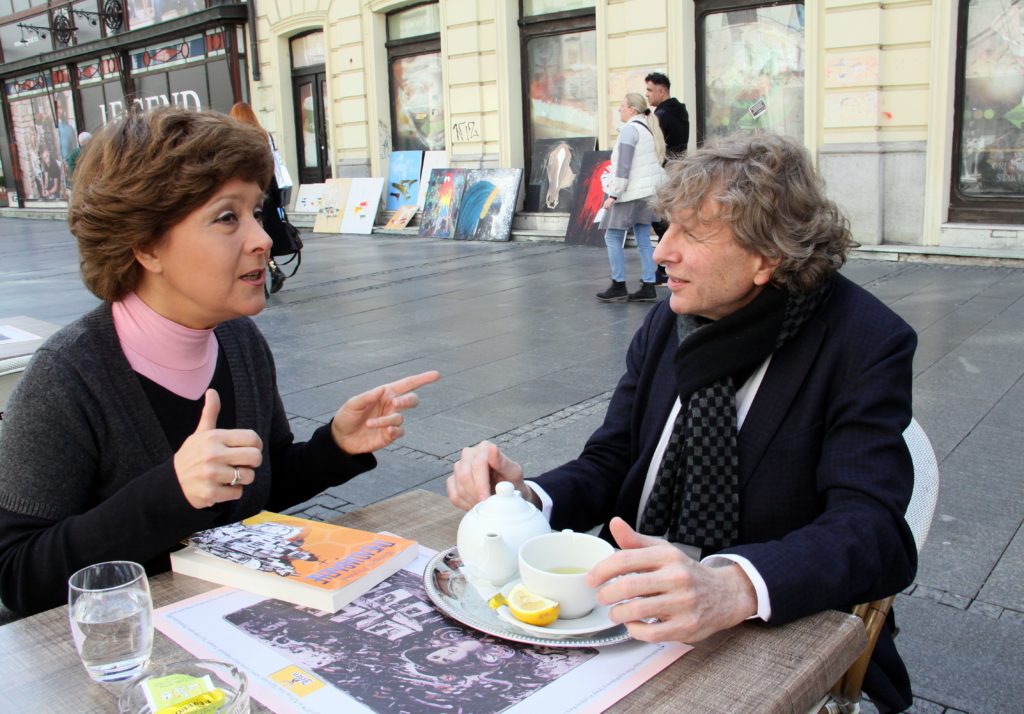
Well, that’s a bit tricky! I was here nine years ago and I don’t know if things have changed that much. At that time, I spent most of the time in Novi Sad and I was busy practising, so didn’t get to visit a lot. I was preparing for the concerts and doing the concerts and then came to Belgrade and stayed in an extremely modern and impressive hotel. I was also impressed at the Kolarac Hall, because there didn’t seem to be any tickets sold, but then at the concert it was completely full! It was amazing! And likewise, at the events with the competition this time for the final nights, I was worried for the poor competitors, because at 7:15pm there was nobody there. At 7:30pm there were a lot of people. So, Serbians come to concerts at the last second and that hasn’t changed. It was amazing after the concert last time because of this presentation of the Laza Kostić Award. I was treated like I was Princess Diana or somebody! The paparazzi were everywhere. There were so many cameras in the rooms back here in the Kolarac Hall. It’s wonderful that they care about cultural issues.
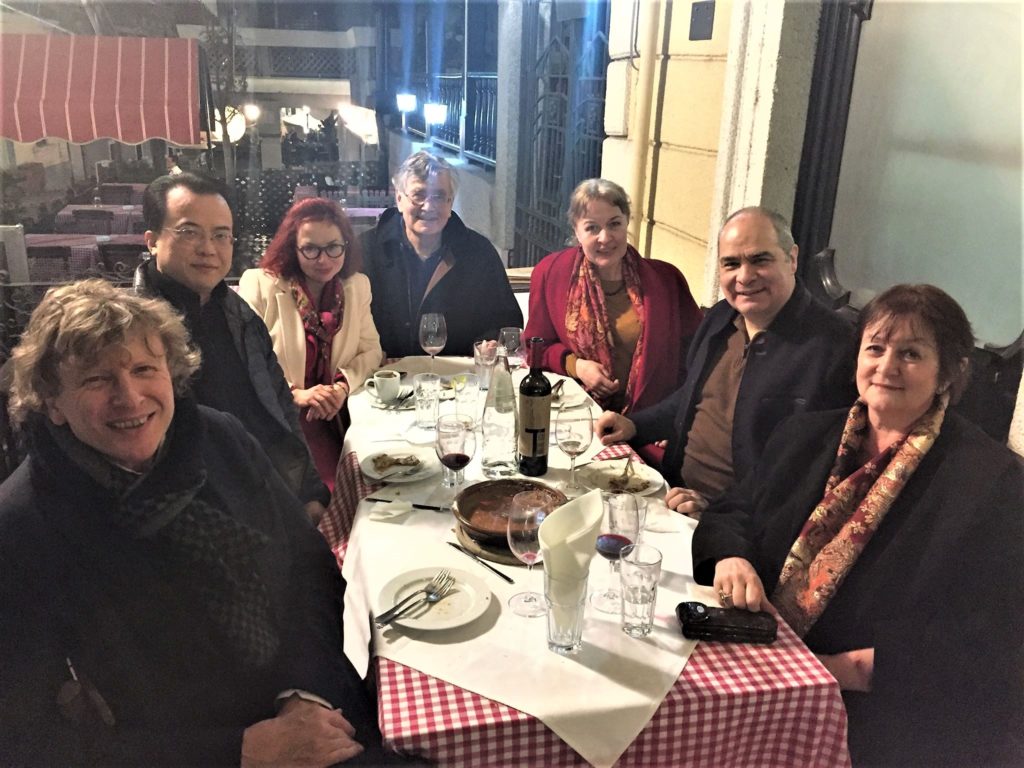
One funny thing that I notice is that people here still smoke in restaurants and it made me realize how completely different the rest of the world is now. It’s simply not allowed in London or in Australia. It seems rather old-fashioned. It’s a different world here, you know. I am staying at the Palace Hotel, but there is a roadwork going on outside. They are completely changing the footpaths and the roads. And it’s bizarre, because during the day there are always diggers doing major work and they put a bit of red tape up while they are doing it. But then when they finish, the red tape is left down and then people are walking around all these holes. Right outside my hotel step all the pavement is in pieces. It’s all cracked and we just walk over it. In the UK or in Australia there would be major concerns for Health and Safety and there would be barriers up. But it’s nice, you know! It’s really old-world in that way. It’s easy-going here and you may see really old-fashioned people. They are so warm-hearted and they open their homes to you. I’ve practised twice now in the wonderful house of a pianist who is becoming a businessman and his family opened their home to me. I can go any time. Also, people we meet in the restaurants, everyone is so welcoming and so happy. A friend of mine in Australia, the cellist Svetlana Bogosavljević is from here. I didn’t realize that until I was here and put something on Facebook. Then she wrote: “Oh you are in my hometown!” She told me I must go to Skadarlija to eat and group of us went that night. What a fantastic place that is, this glorious street! We were there at an old restaurant from 1832 with Serbian specialties and live musicians wondering about playing lighter music and the lanterns up and… Ah, so atmospheric and beautiful! And fabulous food! So yeah, it’s still good Old World charm here. And some of the things that are not very charming are still charming because of that!
And how about Australia? What was it like to be raised and live Down Under?
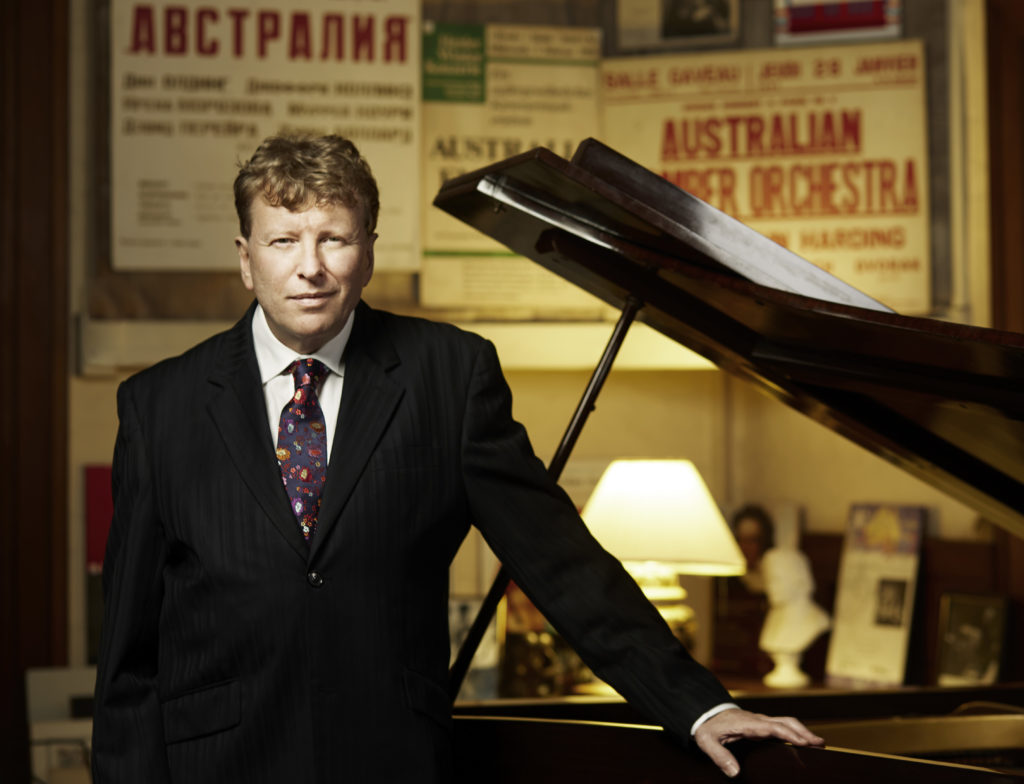
I was born in London, but I was only 6 months old when my British father and Australian mother emigrated to Australia and so I grew up in Brisbane. My father was a musician and he met my mother at the Royal College of Music. They were both pianists, but he was a fantastic lecturer in harmony and counterpoint at the Queensland Conservatorium of Music and taught some wonderful people who’ve since gone on to be top composers in the world. He was very clear lecturer about music. Everybody understood what he spoke about. He was wonderfully logical, intelligent, kind and a great lecturer. My mother taught piano and she was my first piano teacher, so I grew up in a musical home. I was the oldest of five boys and I had a great time growing up in Australia. It’s still a really good place to bring up children. I loved being at the piano, so I didn’t take full advantages of the childhood and the outdoor life, but my brothers certainly did. But musically, it was actually very good for me to grow up in Australia, out of one of the main centres like London, Paris, Vienna or Moscow, because nothing was off limits for me. There was no method there. I discovered a lot of things in quite a natural way. For instance, when I was 17, I discovered the Liszt sonata I’d never heard of. I said to my teacher ‘I’ve come across a piece by Liszt which I found at my parents’ music cabinet that I think is rather good’. She asked what it was and I said it’s ‘ a sonata by Liszt’. And she didn’t bat an eyelid, just agreed it is a good piece. I learnt it quickly in ten days and played it in a concert practice session at the Conservatorium. I didn’t realize at the time that it was considered one of the greatest pieces ever written for the piano! But that was good because I approached to it with innocent ears and mind and no inhibitions about playing it at that age! It was the same with many things, like types of repertoire. I discovered when I became a student of Royal College of Music four years later that I played a lot of pieces that other people didn’t know. Things like “Concert Arabesques on the Blue Danube” by Schultz- Evler, which is a virtuoso salon piece, but it teaches you so much about playing the piano. But it’s not the sort of piece that is considered by some people to be what you should be teaching students. You know, it’s not Bach or Mozart or Schubert, all of whom I adore and as I get older, I want to play more and more Bach and Schubert particularly. But it was great to have that freedom and I had opportunities that I probably wouldn’t have had in bigger places. I did my first broadcast when I was 12 years old. I played with orchestra for the first time at that age. So, I think I got opportunities in Australia that I might not have had elsewhere, and played to large audiences and experienced a lot of things that people often don’t experience in musical life until they are in their 20’s. So, that was actually a great help to me when I went overseas. I think every Australian who goes overseas feels slightly worried, or it certainly used to be so. You felt that everyone else was better than you, because Australia is so far from everywhere else. But you persist and there’s something about Australians – we really do work hard, give everything and are happy to do so. You end up doing well. I don’t know if that’s different now. In those years it was expected that you had to do well overseas before you would be considered top class in Australia. Now I think that has changed. People and ensembles like the Australian Chamber Orchestra have major international careers. They are based in Australia still and they are not the only ones. It’s possible to have international careers from Australia and a very big musical career in Australia itself these days. That’s changed in a last 40 years and that’s wonderful.
What are you currently working on and how much do you get the chance to go to Australia lately?
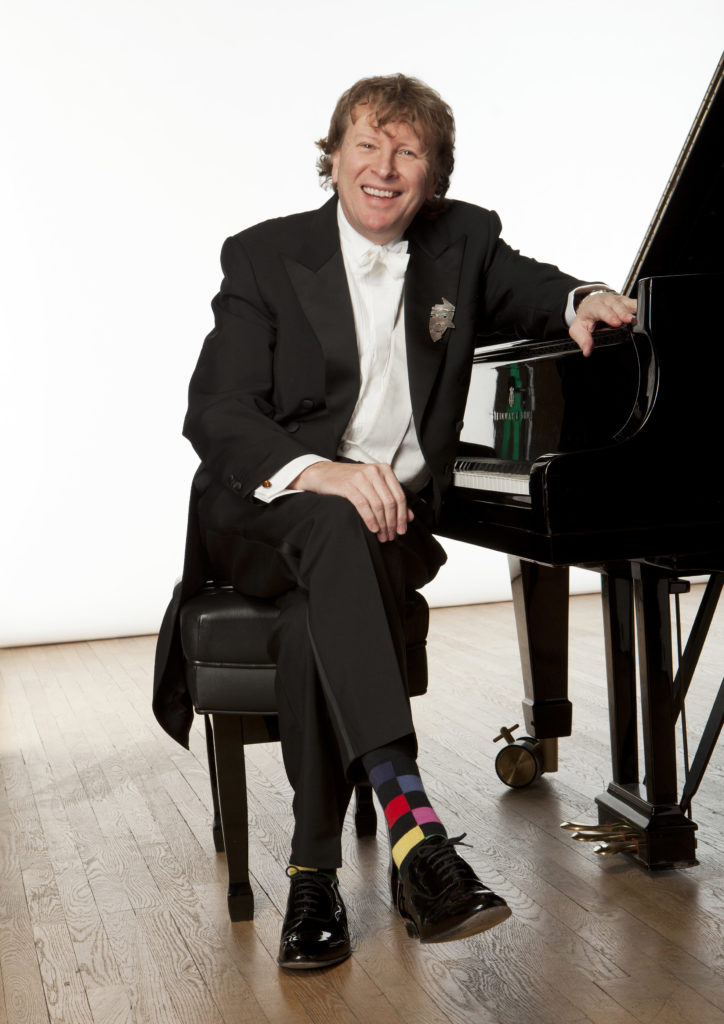
I lead a very peripatetic life. My life is one
of travel. I would be leaving for Australia on 26th of April and I’ll be there till the
8th of June. I’ll
be there again the whole of November and doing concerts in May. I’ll be playing
a Mozart concerto with the Queensland Symphony Orchestra and giving a big solo
recital at the Melbourne Recital Centre. There will be a lot of other concerts,
including one in lovely UKARIA in Adelaide with a new concert hall where I play
quite a lot. in November I’m doing the final three concerts with the Melbourne
Symphony of Sir Andrew Davis in his 10 years as chief conductor of the
orchestra. Among other things, there’ll be recitals in Brisbane for the Medici
series and lot of other things as well. But for the last many years I’ve been
going to Australia 4 times a year. I was Director of the Australian Festival of
Chamber Music for 11 years and that necessitated going twice each year, but I
ended up going 4 times a year for other concerts. That trip never gets shorter,
I can tell you. It’s exhausting! And I think jetlag gets worse as you get older
funnily enough. But this year I am in the States three times. I was recording
in New York in January and I’ll be there at three different festivals in June
and then again in August. And you know, lots of other countries as well. I
travel all the time. I moved house in June last year. I decided to buy a new
house and had to sell my flat. I put it on the market in very late April,
thinking that I would probably sell it in November and be moving around now,
February–March this year. On the contrary, the second person who saw it bought
it and I had to move out on June the 21st. I was in my new house for two
nights unpacking madly and then away in Norway for a week. Then I was back for
three nights and then away in Germany for two nights. Back for two nights, then
in Australia and in the United States for seven weeks. I came back for two
nights, went to Manchester for four, came back for three, Hamburg for two. Came
back for three and then was away for two months in Australia and New Zealand.
Got back in November and it’s gone on like that. You know, it’s just… It sounds
crazy and it is crazy I suppose, but I have been doing it all my life – it’s
sort of normal for me. It was fun last July: my first engagement was in
Perth and I did the new flight from
London direct to Perth. That was extraordinary: to board in London and get out
in Perth: wonderful! I believe that they are introducing a flight from Sydney
to London, so that will revolutionize life as well.
Where do you feel like home as you are traveling so much and you have to as most of top musicians?
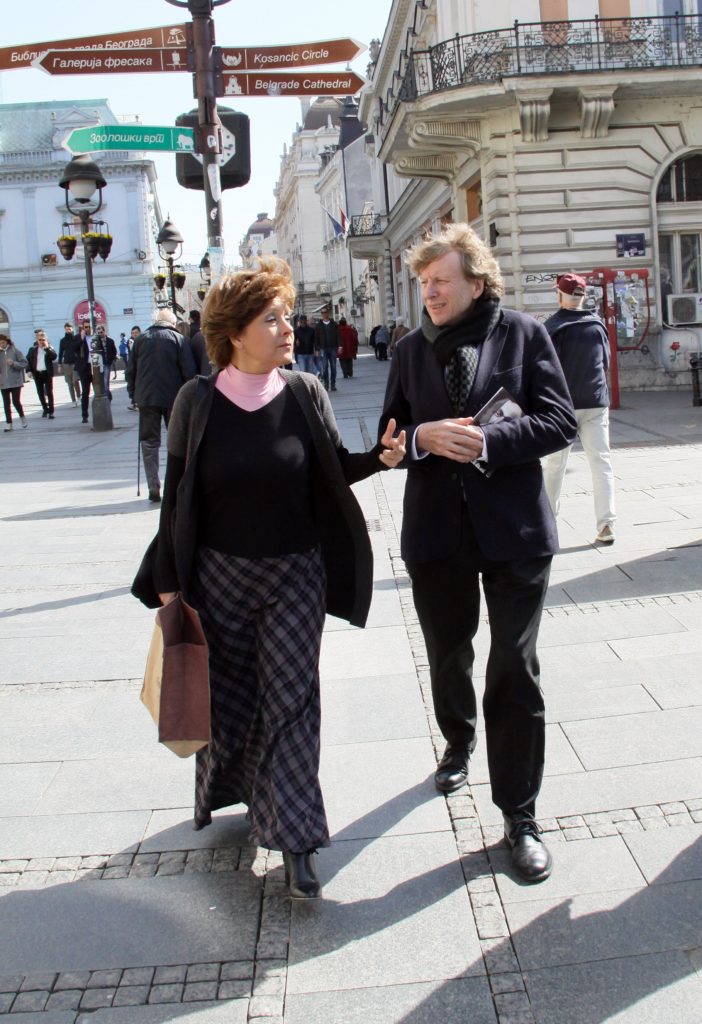
I always say I’m a split personality! My father was British, my mother Australian. I was born in Britain, but I grew up in Australia. I live between the two of them each year, so it’s very hard to say which one is home. I mean, the home that I own is in London and has been for a long time. So, probably London is home – but Australia equally! I’ve been going so often over the last 40 years back home to Australia and still have dear family and old friends there and have made many new friends as well. I also keep in touch with school friends. I could go and live in Australia tomorrow and have a very full social life. And as Director of the Sydney International Piano Competition I’m very connected there as well. I don’t know if things will change in the future, but at the moment it’s great that I can keep going back all the time and still be based in London which is much more convenient for Europe and even for America. It’s the place to be for my career. Luckily, I enjoy travel. You know, I enjoy meeting old people and new people and trying foods and wines in different places – the whole excitement of travel. But, as they say, ‘there is no place like home’ and I’m looking forward to going home tomorrow to my new house and garden and seeing what has been happening while I’ve being away, catch up with things … and then I’ll be ready to go again!
Are you coming to Serbia sometimes soon again?
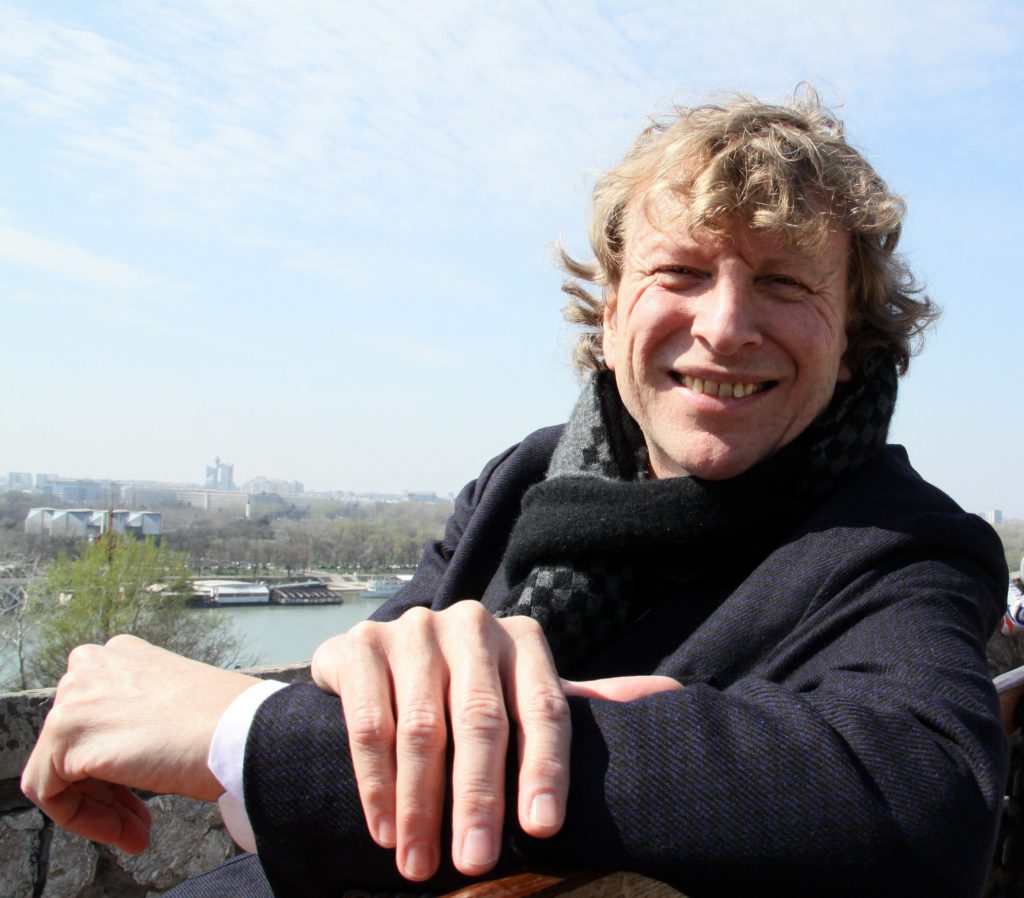
There isn’t a plan yet, but the idea is that I will come with the winner of the Serbian prize, the Laza Kostić Fund prize in the Sydney Piano Competition, and I will introduce the concerts, talk about the competition and the innovations I have made to the rules – that sort of thing. – before the prize-winner presents the recitals. So, I will come with them probably sometime in 2021, when Novi Sad is European City of Culture.
Australiana Serbahttps://www.australianaserba.com/piers-lane-the-knight-of-music/https://www.australianaserba.com/wp-content/uploads/2019/07/IMG_3519-min-min-1024x683.jpghttps://www.australianaserba.com/wp-content/uploads/2019/07/IMG_3519-min-min-150x150.jpgInterview PLUSBelgrade,Brisbane,London,music,Serbia,Skadarlija,SydneyWriting: Ivana NikolićPhoto: Laza Kostic Foundation, Milan Timotic, Keith Saunders, Eric Richmond Famous London-based Australian pianist Piers Lane has recently been a member of a jury at the renowned International Jeunesses Musicales Competition in Belgrade (Serbia). This is his second visit to Serbia and the audience remembers...Australiana Serba australianaserba@gmail.comAdministratorAustraliana Serba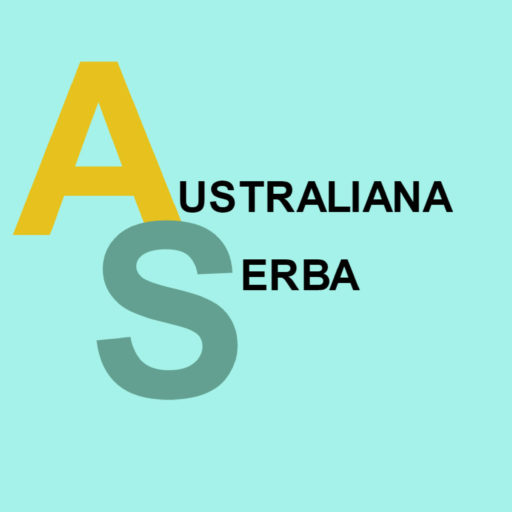


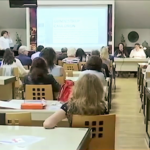


Leave a Reply